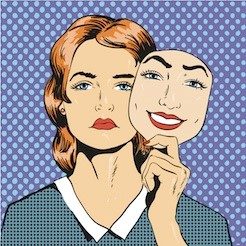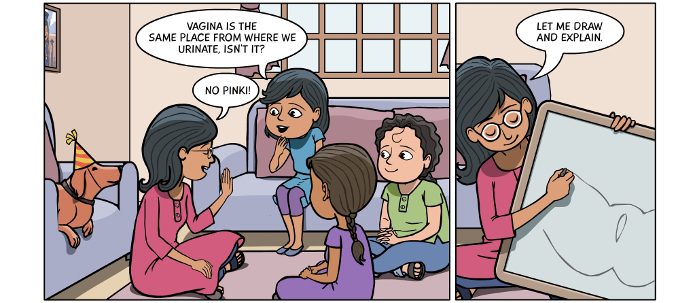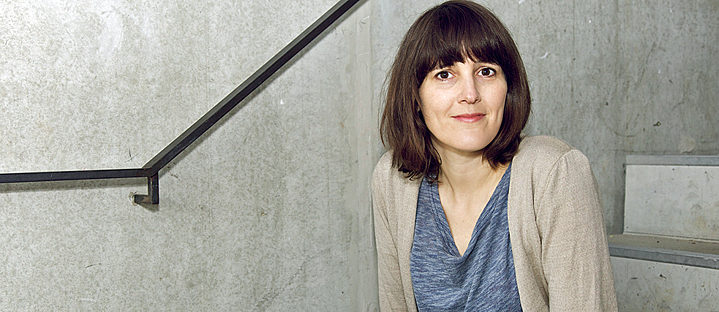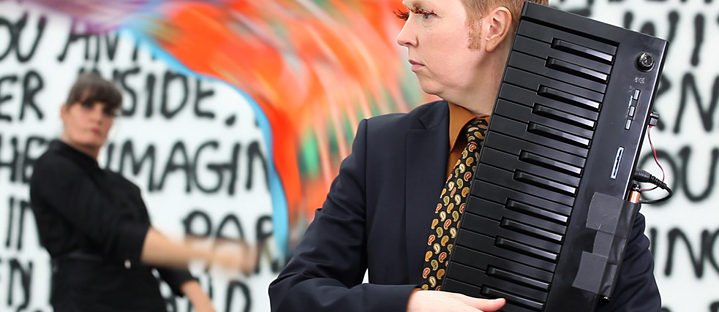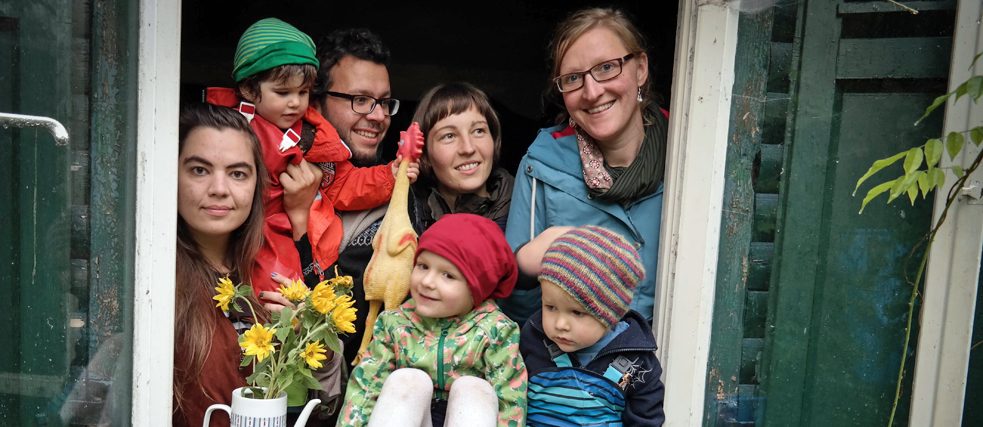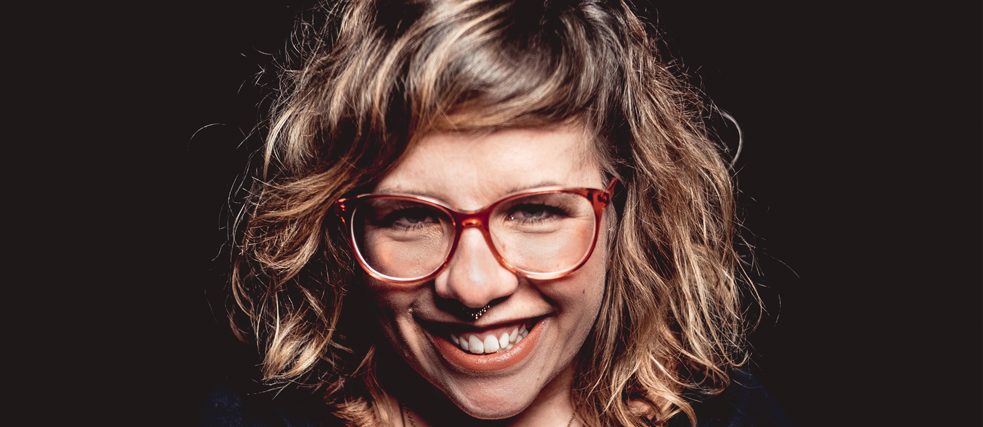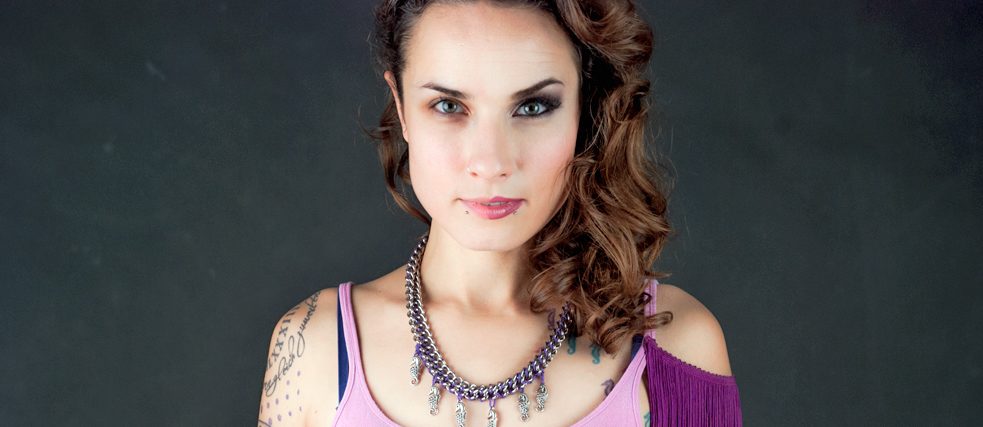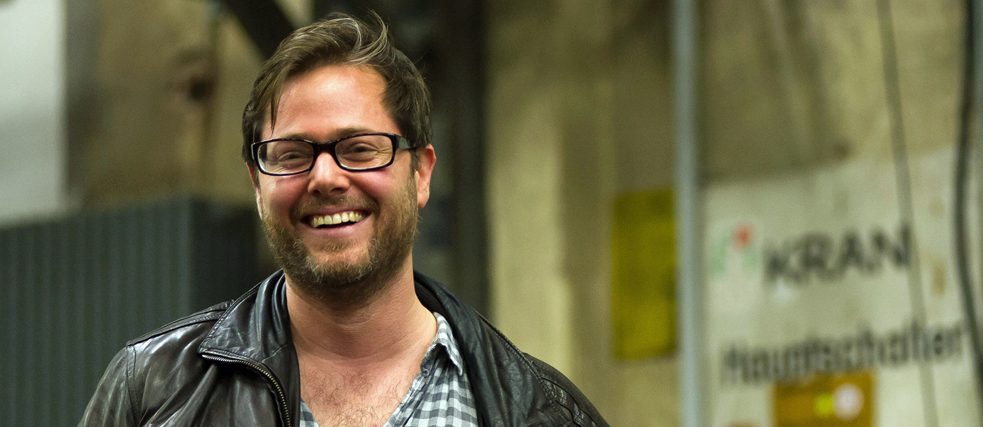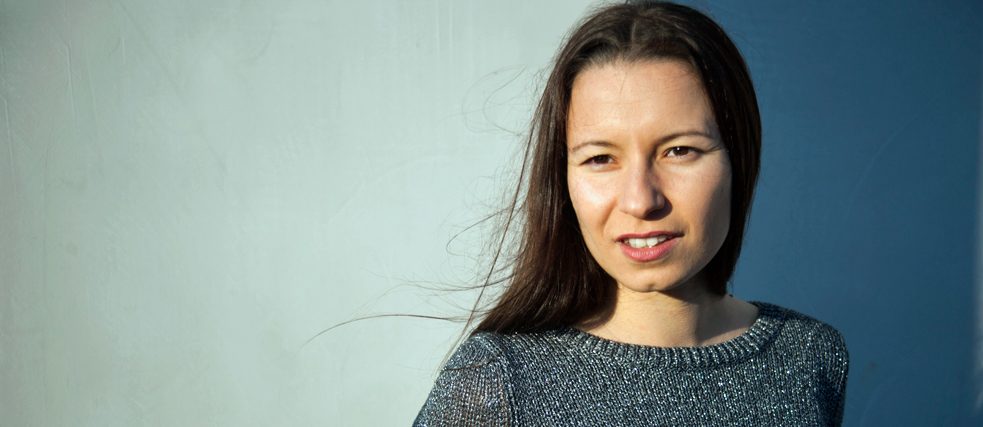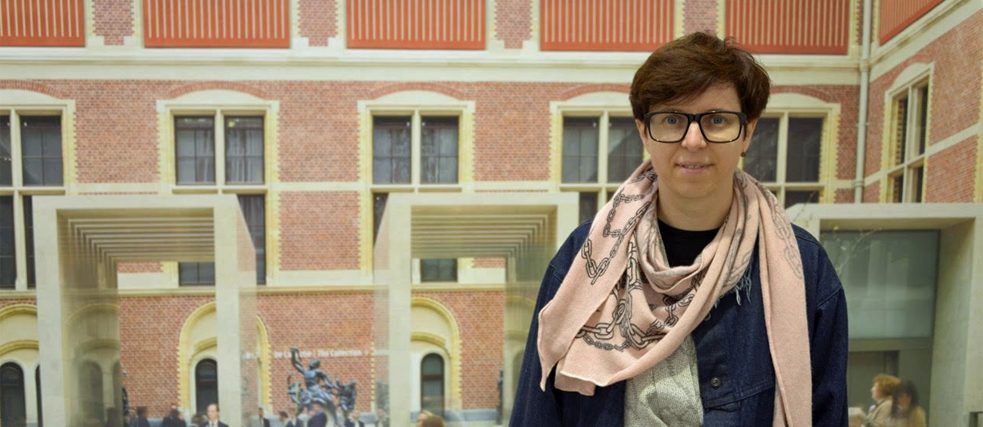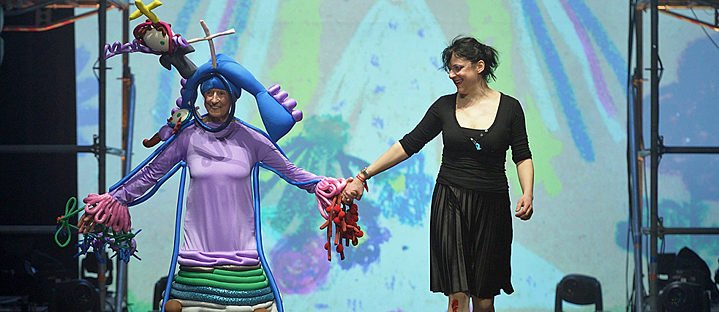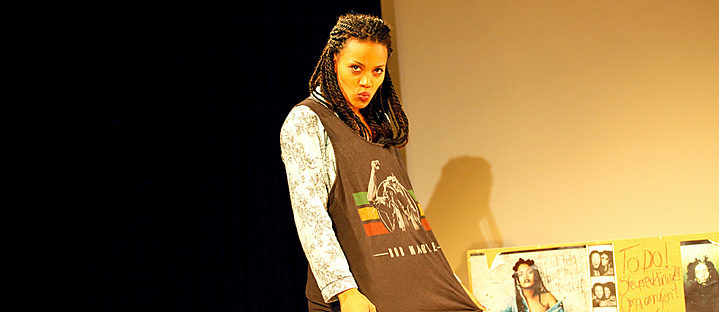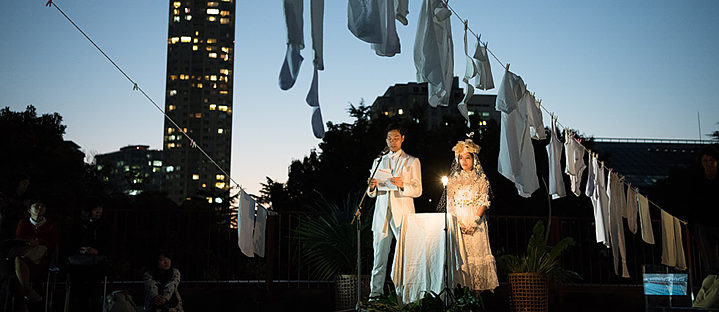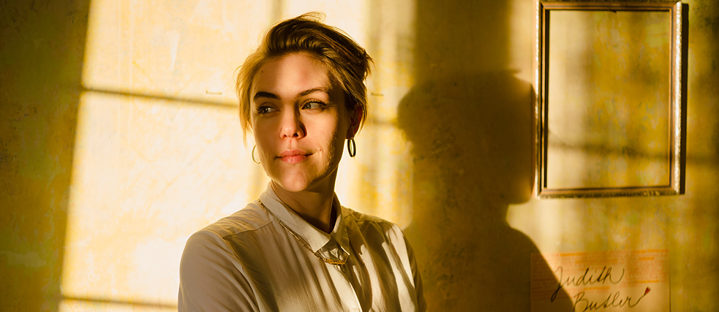How do women juggle the demands of their relationships, caring for the family and being gainfully employed? In German society single mothers or fathers are equally as prevalent as patchwork families, queer, trans or polyamourous relationships. Women are still being forced into the classic role of nursing and nurturing. But what ways of living together fit in with today's world? And what changes in professional life?
Man or woman – is that all there is? For those people who do not feel at home in either of these categories, there is nothing but confusion. Today’s feminism, in any case, is building on the diversity of human identities: Does, however, the difference between man and woman have to be so black and white? Isn’t this classification of gender oppressive?
“To have a child or not – that’s the choice we’ve got.” For a long time the sovereignty over a woman’s own body was one of the most important feminist demands. This is still, in fact, the case, but under different circumstances. In the meantime, people can have children who in the past would not have been able to reproduce. At the same time, it is possible these days to detect genetic abnormalities. Thus, the ethics of reproduction have been overrun by technological progress. Six people active on the cultural scene give their personal point of view. By Kirsten Achtelik
Am I too fat, too old, not beautiful enough? Every day we are bombarded by images of idealised femininity, they unsettle us, and convey traditional roles that reduce women to their outward appearance. Feminist debates are combating these images with “empowering” strategies of self-assertion.
In these times when right-wing populist thinking is socially acceptable, feminism is campaigning more and more against racism and standing up for the integration of people of colour. Not only because women of color are affected in a different way by sexism than white, western women, but also, because the racist cliché of the “dangerous dark stranger” is being increasingly politically instrumentalised.


